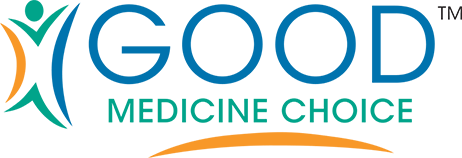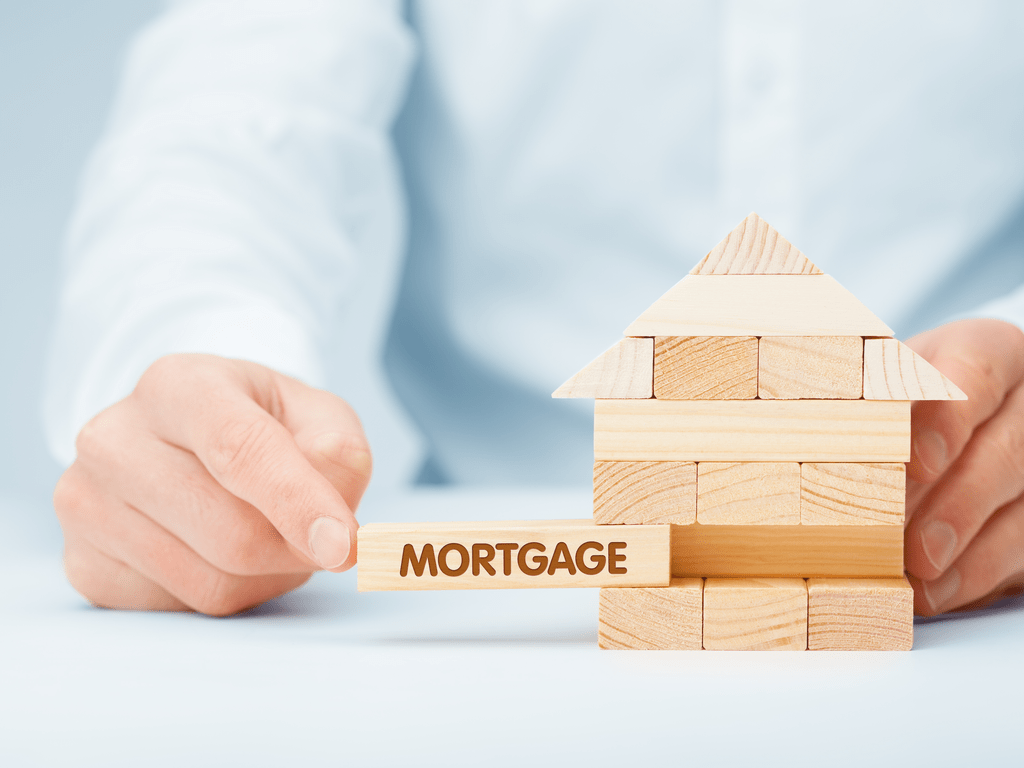Americans are increasingly worried as they face financial hardship amid the closure of nonessential businesses due to the coronaviruscoronavirus co·ro·na·vi·rus : any of a family (Coronaviridae) of single-stranded RNA viruses that have a lipid envelope studded with club-shaped projections, infect birds and many mammals including humans, and include the causative agents of MERS, SARS, and COVID-19 emergency. Weeks after many businesses have halted operations to adhere to stay-at-home restrictions financial aid from the Coronavirus Aid, Relief and Economic Security (CARES) Act is weeks away.
U.S. Unemployment Levels Reach Historic Numbers
Consumers are rightly concerned about their financial stability, as the unemployment rate reaches historic numbers and mortgage and rent payments are due. Unemployment figures released this week are staggering. U.S. unemployment is up by 3,000% in just three weeks, and more than 6.6 million applied for unemployment insurance last week, according to the U.S. Department of Labor. The Fed announced coronavirus job losses could total 47 million while the unemployment rate could reach 32%.

Mortgage Payment Deferral, Rent and Eviction Relief
Many small business owners and workers laid off or furloughed due to COVID-19COVID-19 \ ˈkō-vid-nīn-ˈtēn : a mild to severe respiratory illness that is caused by a coronavirus (Severe acute respiratory syndrome coronavirus 2 of the genus Betacoronavirus), is transmitted chiefly by contact with infectious material (such as respiratory droplets), and is characterized especially by fever, cough, and shortness of breath and may progress to pneumonia and respiratory failure. are concerned about making rent and mortgage payments that were due the first of the month.
Federally Backed Mortgages
Homeowners with loans owned by Fannie May, Freddie Mac and Federal Home Loan banks may be eligible for delayed payments without late fees, foreclosures or delinquency reports. Loans guaranteed by Fannie and Freddie cover about half of home loans in the United States.
The Federal Housing Finance Agency has announced loan processing flexibility for federally backed mortgage borrowers whose ability to pay their monthly mortgage payment has been impacted. The act allows deferments for up to 180 days and possibly longer.
Privately Held Mortgages
The FDIC is encouraging financial institutions to help meet the needs of those customers and members affected by the coronavirus.
Two of the largest lenders, JPMorgan Chase and Wells Fargo, are working with struggling homeowners affected by the coronavirus COVID-19 emergency. Lenders to date are working with their clients on a case-by-case basis. Late fees and credit reporting would be suspended under the terms, and approval is not guaranteed.
Unlike federally backed loans, most borrowers of privately held mortgages won’t know the terms of repayment until the forbearance ends. Some are offering short-term mortgage payment forbearance of up to 90 days. At least some lenders are requiring missed payments to be repaid July 1 along with the July mortgage payment. Call your bank or lender to discuss your individual needs.
Rent Payments
Several congressmembers and municipalities are recommending legislation that would provide wider protection for people hit by job loss, furlough, loss of hours and sick leave due to COVID-19, including rent freezes. As of now, there is no consistent help waiving rent payments, although some states are considering measures to help both renters and landlords. At least 34 states have issued moratoriums on evictions as well as dozens of mayors and municipalities to ensure renters are not evicted for nonpayment of rent. Nearly half of the nation’s 49 million rental units are owned by individual investors, “mom and pop” landlords who, in many cases, depend on that income to survive, according to the Department of Health & Human Services. It is best to speak to your landlord to make arrangements.
Legislation Proposed to Stem Evictions, Pause Mortgage Payments
Municipalities are considering enacting rent and mortgage payment freezes during the coronavirus emergency to stem a wave of evictions and foreclosures. The Seattle City Council passed a resolution urging state and federal governments to enact mortgage and rent freeze legislation to extend throughout the novel coronavirus pandemicpandemic (pan·dem·ic) : an outbreak of a disease that occurs over a wide geographic area and affects an exceptionally high proportion of the population : a pandemic outbreak of a disease.. Pennsylvania legislators are preparing similar legislation, while the Pennsylvania state attorney general has banned evictions during the coronavirus state of emergency.
Democratic Presidential candidates Joe Biden and Bernie Sanders are proposing legislation that would pause mortgage payments, evictions and utility shutoffs, as well as a moratorium on rent payments.


No comments yet. Be the first one to leave a thought.